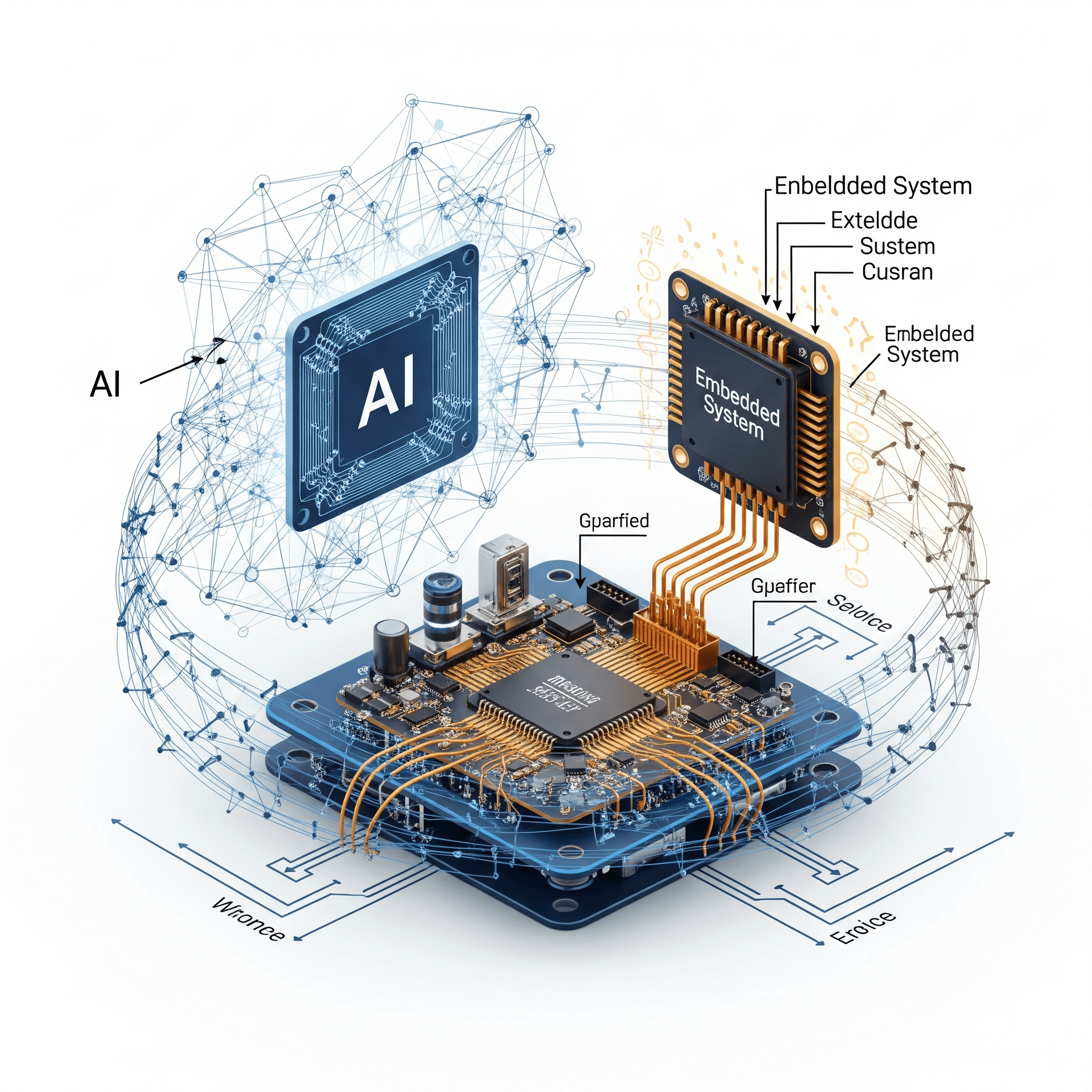Science Class 5
-
- 5 rating
- (1 Reviews)
- 0 students enrolled
Science Class 5
Certainly! In a fifth-grade science curriculum, students typically explore various scientific concepts to develop a foundational understanding of the natural world. fifth-grade students engage in hands-on experiments and activities to reinforce these concepts and develop critical thinking and problem-solving skills. The goal is to encourage curiosity, exploration, and a deeper understanding of the natural world while laying the foundation for more advanced scientific studies in the future.
-
- 5 rating
- (1 Reviews)
- 0 students enrolled
What learn
- Comprehensive Subject Knowledge
- Visual and Interactive
- Education Adaptive Learning Methodology
- 24/7 Availability
- Global Reach and Diverse Resources
Course Content
Requirements
- Smart Phone or Laptop with internet connection
Description
-
Animal Lifestyle: This topic explores the various ways animals adapt to their environments, including their behaviors, feeding habits, and habitats.
-
Characteristics of Living Things: Students learn about the common attributes that define living organisms, such as growth, reproduction, response to stimuli, and the need for energy.
-
Rocks and Minerals: This topic covers the types of rocks, their formation, and the different minerals found in the Earth's crust.
-
Air, Water, and Weather: Students study the properties of air and water, as well as basic weather patterns, including temperature, precipitation, and atmospheric conditions.
-
Bones and Muscles: This involves an introduction to the human skeletal system and muscular system, their functions, and how they work together.
-
Food and Health: Students learn about the importance of a balanced diet, nutrition, and the impact of food choices on their health.
-
Moon: This topic explores the Earth's natural satellite, the Moon, its phases, and its gravitational effects on Earth.
-
Natural Calamities: An introduction to natural disasters such as earthquakes, hurricanes, tornadoes, and volcanoes, with a focus on safety and preparedness.
-
Safety and First Aid: Basic principles of safety and first aid techniques to respond to common injuries and emergencies.
-
Living Things Depend on Each Other: Students learn about the interdependence of living organisms in ecosystems and food chains.
-
The Nervous System: An introduction to the human nervous system, including the brain, spinal cord, and nerves, and how they control bodily functions.
-
Simple Machines: An exploration of simple machines like levers, pulleys, and inclined planes, and their applications in daily life.
-
Soil Erosion and Conservation: Understanding how soil erosion occurs and the importance of soil conservation to protect our environment.
-
Reproduction in Plants: An overview of plant reproduction, including both sexual and asexual methods of reproduction.
Recent Courses
- June, 23rd 2025
- 3
This course plan outlines a comprehensive curriculum for a prompt engineering course, designed to equip learners with the ski..
- 1699.00₹
2000.00₹
- June, 28th 2025
- 12
In an era where technology is seamlessly integrated into our daily lives, understanding the synergy between Embedded Systems..
- 1599.00₹
2000.00₹
- May, 22nd 2024
- 0
Microeconomics is an essential component of economics as a whole, as it helps us understand how individual decisions and inte..
- 799.00₹
999.00₹
About Instructor
Priya kumari mishra Pm71689@gmail.com 9304355903 Belong from daltonganj A student Passion/professional:-To become a teacher .






.png)


